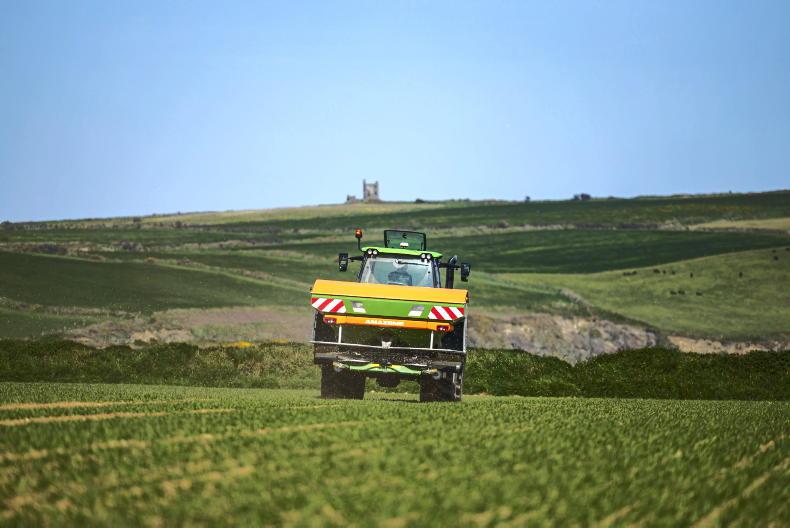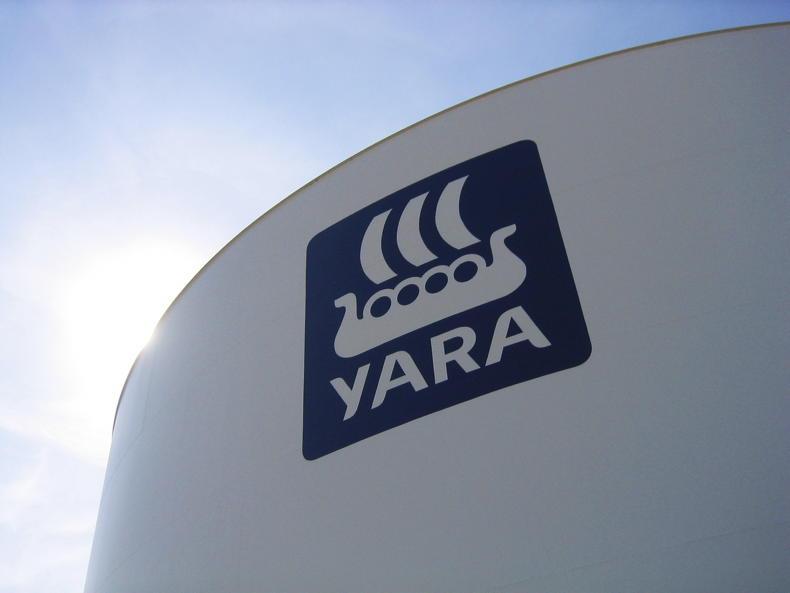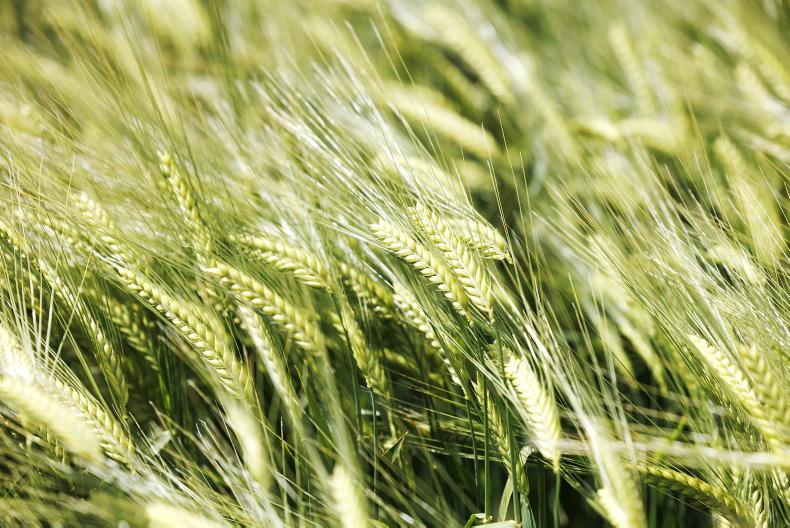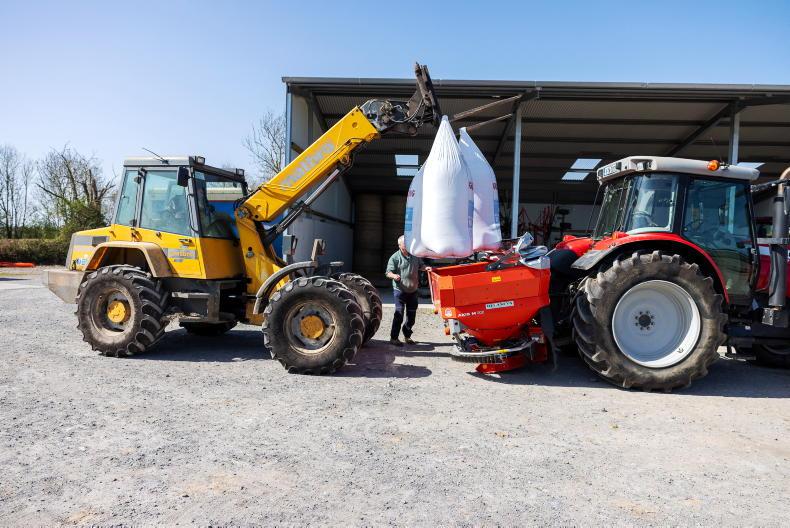Farmers across Europe have been urged to increase cereal production this year to avert a global food shortage at a time when input costs – in particular fertiliser – are soaring.
At the same time, Yara – one of Europe’s largest nitrogen producers – announced last Friday that it would curtail European production to 45%.
European fertiliser manufacturers have had their margin supported for over two decades by EU policy. The EU has an anti-dumping duty of €32.71 per tonne on ammonium nitrate plus an import duty of 6.5% to support European producers.
In 2021, Yara reported profits to have increased by almost €500m on the year previous with an EBITA for the year of €2.46bn.
For farmers to maintain production, let alone increase it, adequate supplies of nitrogen are required. The weight of world food supply cannot fall solely on the shoulders of small family farms when multinational plcs act unilaterally to protect their margin and shareholder value.
It is time the European Commission intervened to ensure that these producers that have benefited from a protected market for almost 30 years maintain adequate production in the face of a global food crisis.
Farmers need clarity on stock and prices

In this week's edition, Anne Finnegan looks at the volume and price of fertiliser imports into the country up until December 2021. Her analysis, based on data from the Central Statistics Office (CSO), shows largely normal trading patterns during the final quarter of 2020 when stocks are built ahead of spring demand.
However, when compared to previous years, there does appear to be significantly higher margins returned from these stocks when sold on to farms.
Clearly margins need to be considered over the full year’s cycle and in the context of increased risk and distribution costs. But it is important that when the dust settles on the 2022 season that an annual margin analysis is completed.
At this point, CSO data shows imports until December 2021. One would expect that the Department of Agriculture has much more up-to-date information on volumes of stock in the country and the imported prices.
With merchants now having ceased trading fertiliser while warning of further price hikes, providing a more up-to-date picture would help bring much needed clarity to what is a very challenging market for farmers and allow for them to plan ahead.









SHARING OPTIONS